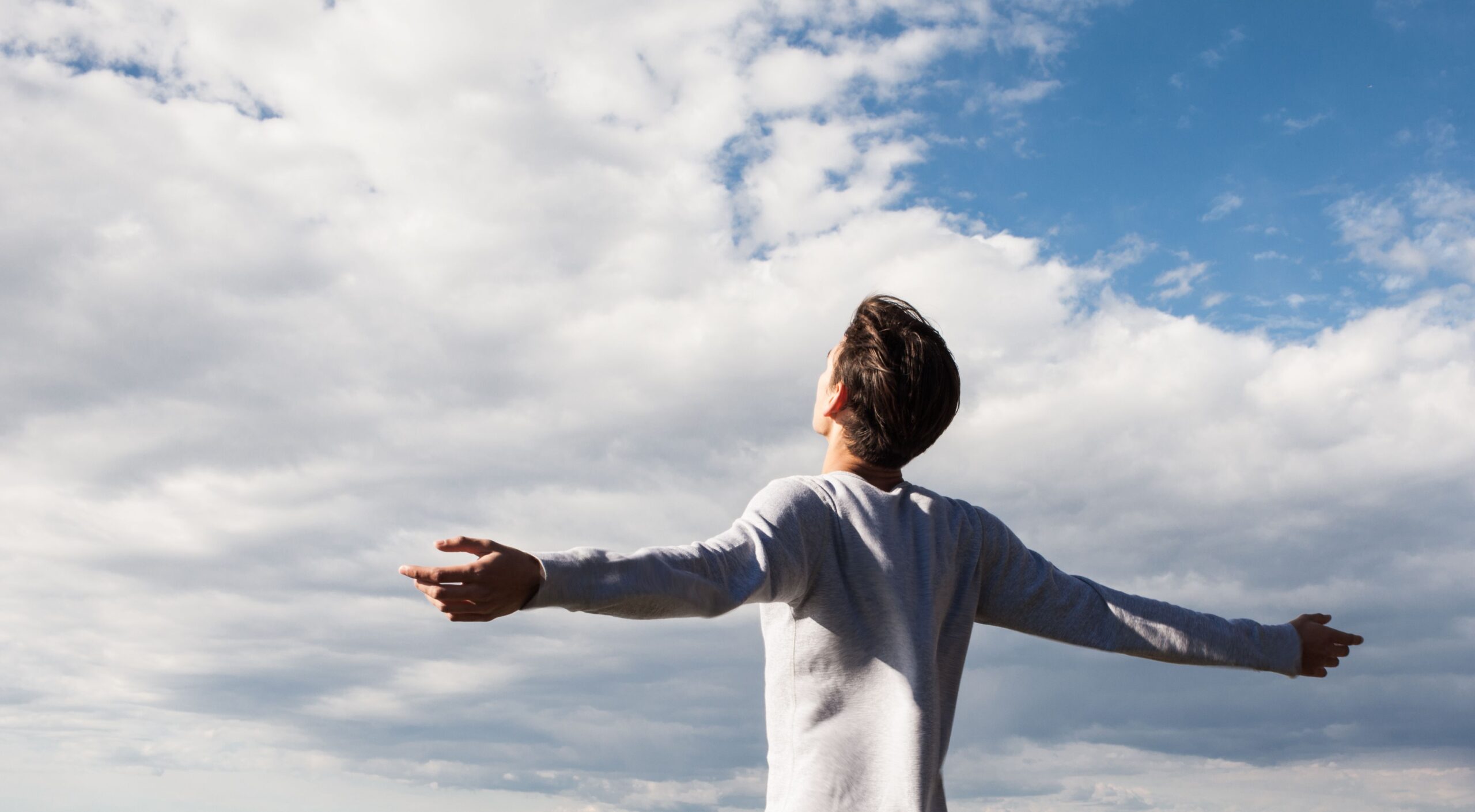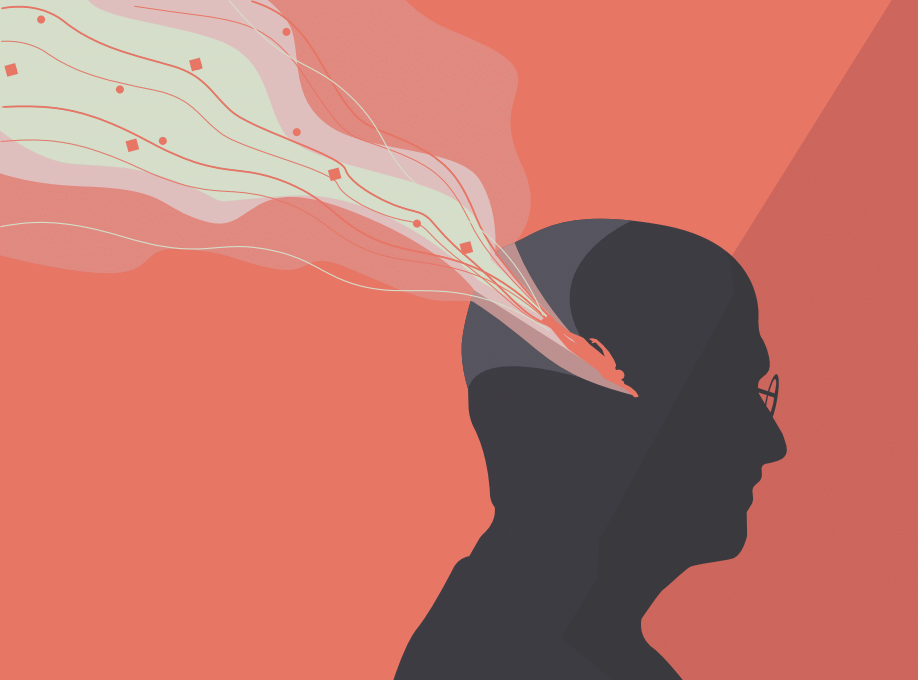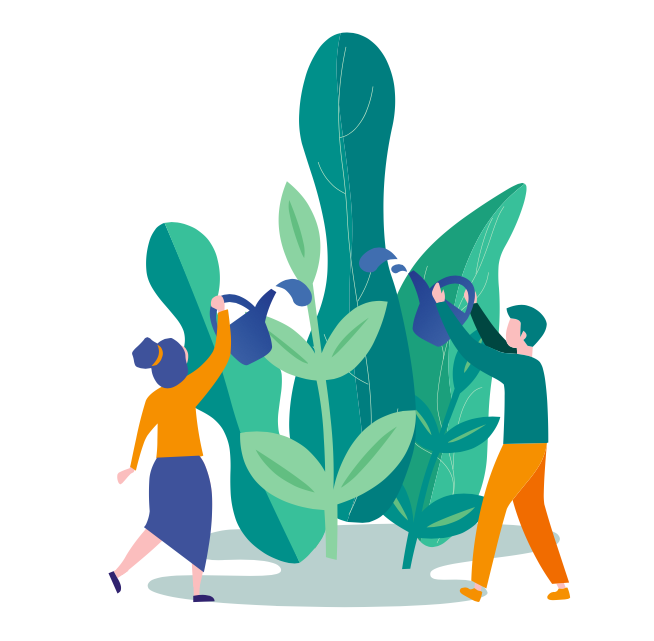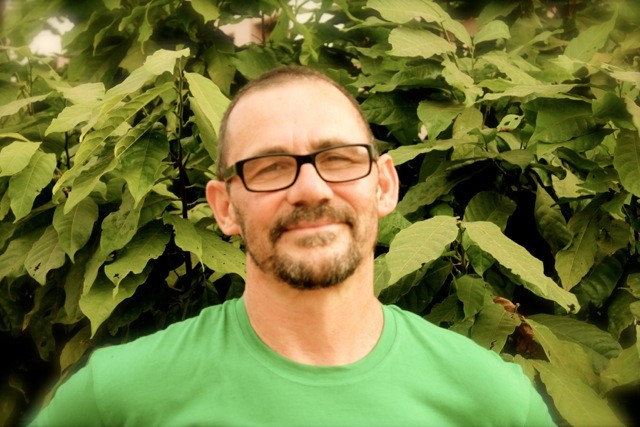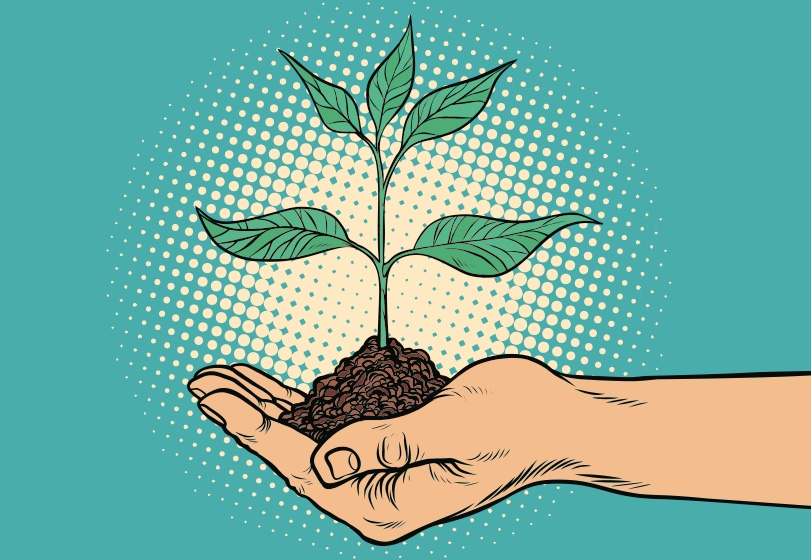Our spring issue is out now. Regular contributor and community catalyst Davie Philip explains why in order to experience true freedom beyond the ego, one must consider the freedom of all living beings, including the planet. Dive on in to find out more…
Tag:
davie philip
Transcending a Paradigm of Separation: Embracing An Ecological Worldview
by Davie Philip
written by Davie Philip
In our Summer 2021 issue, Davie Philip shared some insights into how we can begin to embrace a more inclusive and sustainable worldview. We are in the process of moving from an ‘ego-system’ paradigm to an ‘ecosystem’ paradigm. Enjoy his words below.
In our Summer 2020 issue, Davie Philip discussed how current world events have given us the opportunity to cultivate a deep sense of resilience, and re-envision how we connect to the world around us. Read on to experience his message of clarity and purpose!
Newer Posts

